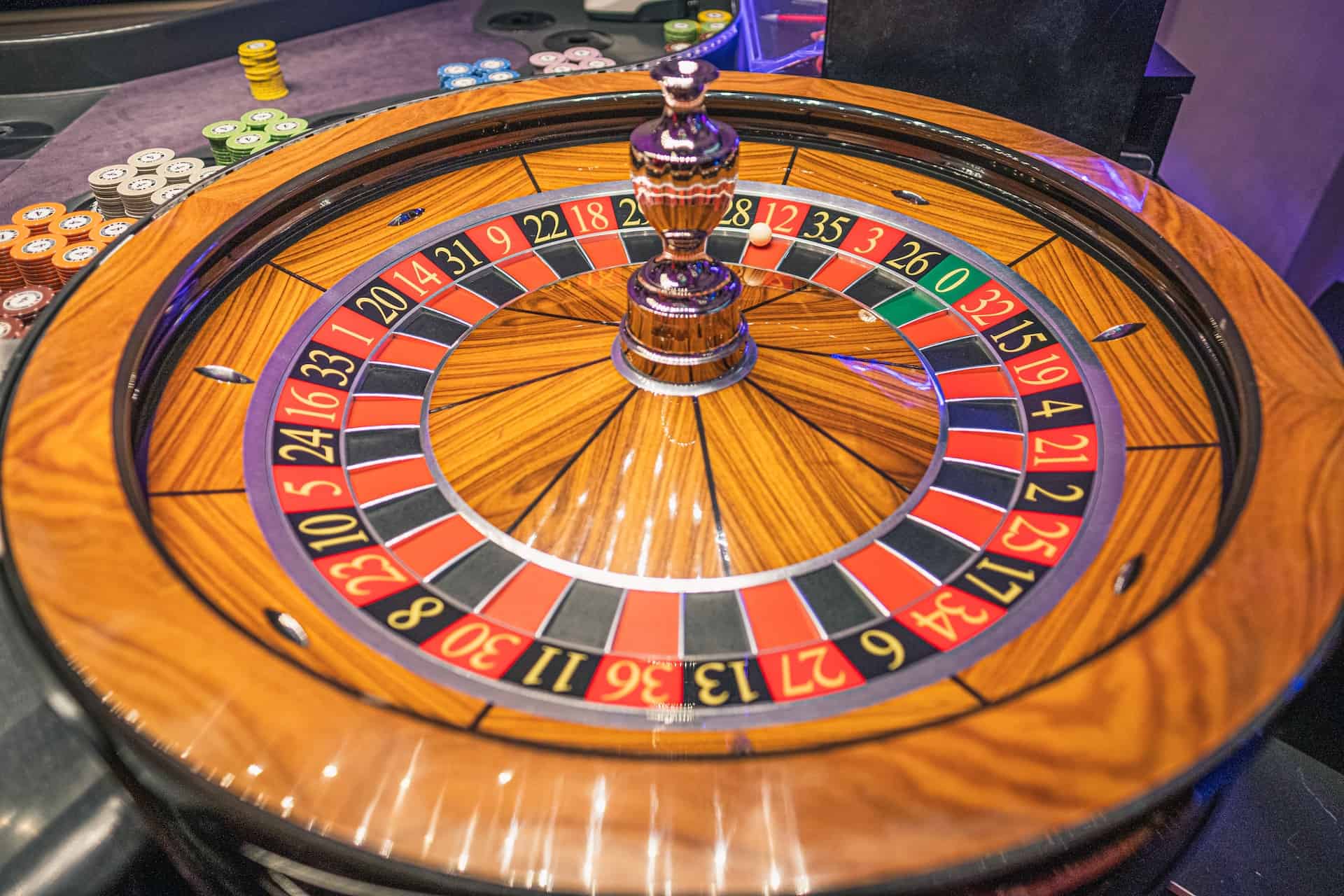Roulette is a game of pure chance, but that hasn’t stopped players over the centuries from trying to predict and beat the odds. The allure of a simple spin determining whether you win or lose has motivated gamblers to devise numerous systems to give them an edge.
Modern players have created prediction tools harnessing cutting-edge technology. However, the success of these methods has been mixed at best, with very few able to overcome the randomness inherent in roulette consistently. With each spin of the wheel, players still seek the elusive goal of reliably predicting where the ball will land.
If you’re interested in roulette and would like some fun time, you can visit https://icecasino.com/hu/rulett for the best experience. In this article, we’ll answer the question of whether roulette results can be predicted. We also highlight the successes and limitations of players who have tried before.
The Random Nature of Roulette
Roulette’s randomness comes from each spin being an independent event unaffected by past results. The wheels are designed so that the odds of red or black, odd or even, are the same on every spin. If a number hits multiple times in a row, it does not become “due” to change.
When you play in a reputable casino, you’ll have no worries about game manipulation. This is because modern equipment like electronic sensors and high-precision machining ensure spins are truly random. Also, RNG software generates a random number for each online spin.
On a European roulette wheel, the probability is a consistent 1 in 37 for each of the 37 numbers on every spin. Luck is predominately the only factor in determining results. Additionally, even advanced physics models cannot account for all the variables that influence the chaotic trajectory of the roulette ball.
Some factors introduce significant randomness that technology has limits in accounting for. Some of these factors include:
- Ball speed
- Wheel speed
- Force and direction of the dealer’s spin
- Slight imperfections in the ball and wheel
- Unpredictable bounces, when the ball strikes deflectors and pockets
Failed Prediction Methods
Many methods have been proposed over the years to try and predict roulette results, but most fail to deliver consistent wins. These include:
- Biased Wheels
- Dealer Signature
- Visual Tracking
- Number Prediction Software
Now let’s take a look at them:
Biased Wheels
This has to do with Exploiting imperfections in older, physical wheels. But modern wheels are precisely engineered and rotated daily to prevent bias.
Dealer Signature
In this method, it is assumed dealers fall into habits that influence ball trajectory. However, dealers are trained to avoid patterns, and variables like force and release point are insignificant over enough spins.
Visual Tracking
This involves watching the ball and wheel spins to predict the section it will fall in. While physics governs the motion, complex variables like bounces make visual tracking unreliable.
Number Prediction Software
Algorithms claiming to analyze previous spins cannot predict future results. Each spin resets probabilities, so software cannot gain a reliable edge.
At best, these methods might give a slight advantage in the short term. But over extended play, the house edge prevails—losses outweigh any temporary gains. And getting caught using illegal devices like computers can get you banned or arrested.
The Rare Success Stories
Very few gamblers have ever reliably predicted roulette results for any sustained time. One famous case was Joseph Jagger, who, in 1873, exploited minor wheel bias at the Beaux-Spiel casino in Monte Carlo to win tremendously. By recording and analyzing spins, he detected that specific numbers won slightly more often on some wheels.
However, his success was short-lived, as the casino quickly identified and removed the wheel bias by rearranging partitions between numbers. Another rare case involved physics graduate students in the 1970s and 1980s. These students built primitive computers concealed in shoes to predict spins based on physics calculations.
However, technical problems in the casino environment foiled their attempts, and they failed to maintain an advantage. As casinos have improved equipment engineering and maintenance over the decades, these small advantages have disappeared. Today, any significant wheel bias or predictability would be detected and eliminated before players could exploit it for substantial winnings.
Even in the rare cases where gamblers gain an edge from new technology or techniques, casinos quickly identify and eliminate weaknesses through constant vigilance and system upgrades.
Conclusion
Government testing, such as RNG certification, aims to mathematically guarantee results that are genuinely random, fair, and free of any influence from previous spins. So, despite intriguing theories over the centuries, the inherent randomness deliberately engineered into the equipment and software means roulette results remain unpredictable in practice. The odds of 1 in 37 for each number never change, no matter the results of previous spins.
